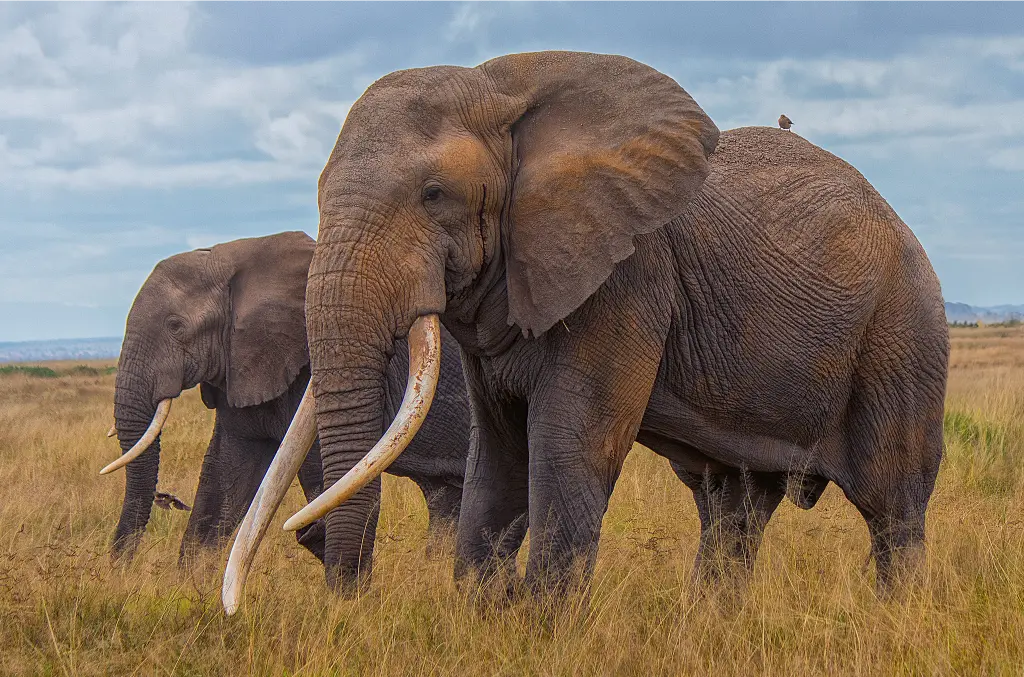Germany unintentionally set off a diplomatic snafu when it proposed to the European Union a ban on the import of hunting trophies from Africa as a measure to address the poaching problem.
The proposal was aimed at reducing the demand for animal parts obtained through hunting, which is often linked to illegal poaching activities. The ban on importing hunting trophies is seen as a way to discourage not only legal trophy hunting but also to strike at the financial incentives behind illegal poaching, which is a significant threat to endangered species.
Botswana’s reaction to this proposal was notably critical. The country offered to send Germany 20,000 elephants to emphasize the challenges it faces with its large elephant population, including human-wildlife conflict and the difficulty of managing such a significant number of these animals.
Botswana’s response highlights a crucial aspect of wildlife management and conservation: the balance between protecting endangered species and managing the realities of large animal populations that can have significant negative impacts on human communities and ecosystems
Botswana faces several challenges due to its large elephant population, which is the largest in Africa. As the elephant population grows, these animals increasingly come into contact with human settlements. Elephants can cause significant damage to crops, properties, and occasionally lead to dangerous encounters with people. This conflict is a major issue for communities living in close proximity to elephant habitats, as it can lead to economic losses and poses safety risks.
A large elephant population also has an environmental impact. Elephants are known to significantly alter their habitats due to their feeding habits; they can deforest areas, which might lead to changes in the ecosystem. This affects not only the plant life but also the other animal species that depend on the same habitat.
While having a large elephant population might seem positive from a conservation standpoint, it also presents challenges in terms of managing and protecting such a large number of animals. Issues such as poaching, habitat destruction, and ensuring the long-term sustainability of elephant populations and their habitats are complex and resource-intensive.
The human-wildlife conflict and the environmental impact of a large elephant population also translate into socioeconomic issues. Communities affected by crop damage or property destruction often suffer economically, which exacerbates poverty and limits access to food. Moreover, managing and mitigating the impacts of the elephant population require financial resources, which becomes a significant burden for a country like Botswana.
The debate over how to manage elephant populations and their impacts often intersects with international regulations on wildlife trade and conservation. Proposals for culling or selling elephants to manage populations can be controversial and are subject to international laws and conventions, such as CITES (Convention on International Trade in Endangered Species of Wild Fauna and Flora), which regulates the trade of elephant products to prevent their exploitation.
The situation in Botswana reflects the complex balance between conservation success and the challenges of managing large wildlife populations in a way that is sustainable for both the animals and the human populations that live alongside them.
The offer to send elephants to Germany was a dramatic gesture meant to provoke thought and discussion on the complexity of conservation efforts. It underscores the point that while efforts to curb poaching and illegal wildlife trade are crucial, the solutions to these issues are not always straightforward.
Conservation strategies need to take into account the socio-economic and environmental contexts of countries like Botswana, where wildlife management is not just about protecting species from poaching but also about addressing the broader impacts of large wildlife populations on human communities and the environment.
The exchange between Germany and Botswana on this matter reflects the broader debates in global conservation efforts, where the interests and perspectives of countries with large wildlife populations can sometimes clash with international conservation policies and initiatives aimed at protecting endangered species.
